The Next Pope: Exploring Potential Successors To Pope Francis
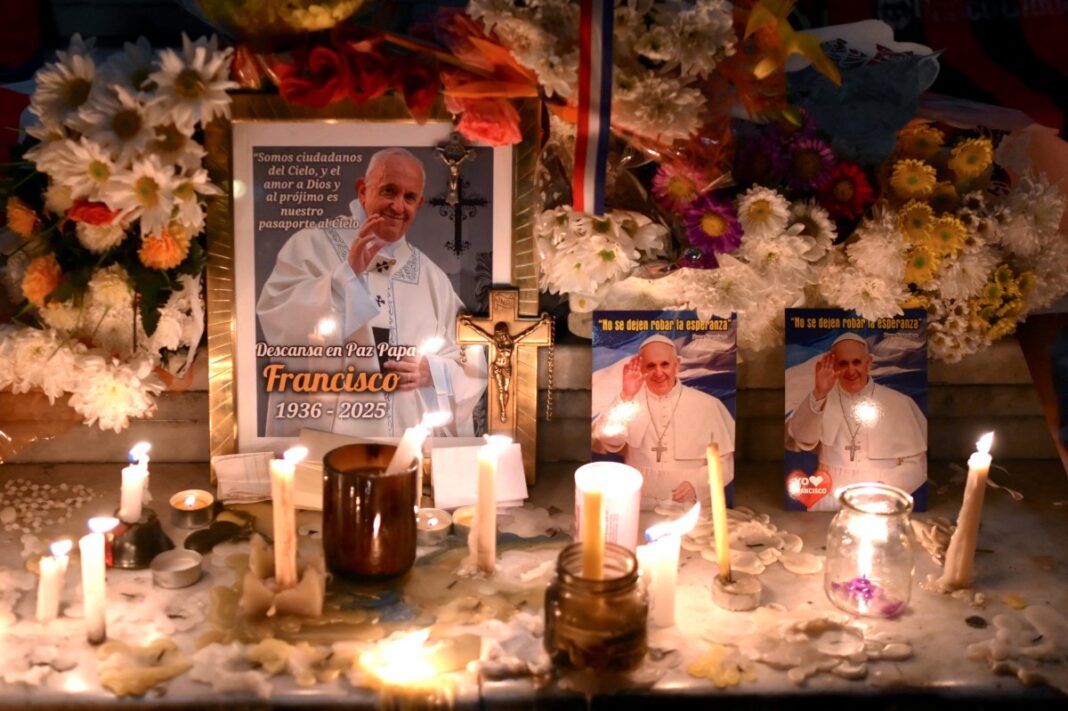
Table of Contents
Key Qualities of a Potential Successor
The selection of the next Pope is a momentous occasion, requiring careful consideration of numerous factors. The next leader of the Catholic Church must possess a unique blend of theological understanding, administrative skill, and global vision.
Theological Conservatism vs. Progressive Reform
The College of Cardinals represents a spectrum of theological viewpoints. The next Pope could steer the Church towards a return to more traditional teachings or continue the reformist agenda championed by Pope Francis. This crucial decision will shape the future direction of Catholic doctrine and practice.
- Traditionalists: Cardinals who prioritize upholding traditional doctrines and practices often emphasize a stricter interpretation of Church teachings on issues like clerical celibacy, LGBTQ+ inclusion, and the role of women in the Church.
- Reformists: Cardinals who advocate for a more progressive approach often emphasize adapting Church teachings to modern challenges, promoting social justice, and fostering a more inclusive environment.
- Key Theological Issues: Debates surrounding clerical celibacy, the ordination of women, the acceptance of LGBTQ+ individuals within the Church, and approaches to interfaith dialogue are central to the theological landscape. The next Pope's stance on these issues will have far-reaching consequences.
- Analyzing Public Statements: Examining public statements, pastoral letters, and scholarly works of potential candidates provides insight into their theological leanings and priorities.
Leadership Style and Administrative Abilities
Effective leadership is paramount for the next Pope. The Vatican's vast administrative structure demands strong managerial skills, and the global reach of the Catholic Church necessitates excellent communication abilities. The next Pope must be able to unite diverse factions within the Church and inspire confidence among the global Catholic community.
- Strong Communicators: The ability to effectively communicate the Church's message to a diverse global audience, including through social media and traditional channels, is crucial.
- Proven Administrative Experience: Experience in diocesan administration or within various Vatican departments demonstrates competence in managing complex organizations and resolving internal conflicts.
- Uniting Diverse Factions: The capacity to bridge divides and foster unity within a Church grappling with internal disagreements is a vital leadership attribute.
Geographical Considerations and Global Representation
The Catholic Church is a truly global entity. The next Pope must represent the diversity of the global Catholic community and understand the unique challenges faced by the Church in different regions. Geographical representation within the College of Cardinals is an important factor in the selection process.
- Regional Representation: The College of Cardinals includes members from across the globe, but the selection process must ensure representation from all major regions to foster inclusivity and global understanding.
- Understanding Regional Challenges: A deep understanding of the cultural, social, and political contexts in which the Church operates across the globe is crucial for effective leadership.
- Linguistic Proficiency: Multilingual abilities greatly enhance communication and facilitate a more effective connection with the global Catholic community.
Prominent Cardinals and Their Profiles
Several cardinals are frequently mentioned as potential successors to Pope Francis. Analyzing their backgrounds and positions provides valuable insight into the possible future direction of the Catholic Church. It is important to note that this is not an exhaustive list, and the selection process remains shrouded in secrecy.
Cardinal [Cardinal's Name 1]: (Example: Cardinal Pietro Parolin)
- Background: Secretary of State of the Holy See.
- Theological Position: Generally considered to be relatively progressive, aligning with Pope Francis' reformist agenda.
- Leadership Style: Known for his diplomatic skills and experience in international relations.
- Strengths: Vast experience in Vatican diplomacy, strong communication skills.
- Weaknesses: Possibly perceived as lacking a strong theological profile compared to some more academically inclined cardinals.
Cardinal [Cardinal's Name 2]: (Example: Cardinal Luis Ladaria Ferrer)
- Background: Prefect of the Congregation for the Doctrine of the Faith.
- Theological Position: More traditionally oriented, emphasizing the preservation of orthodox doctrine.
- Leadership Style: Known for his scholarly approach and emphasis on theological precision.
- Strengths: Deep theological expertise, strong adherence to traditional teachings.
- Weaknesses: Potentially less adept at communicating with broader audiences outside of academic circles.
(Repeat for several prominent cardinals, incorporating similar profiles for other potential candidates representing diverse theological and geographical backgrounds.)
The Challenges Facing the Next Pope
The next Pope will inherit a Church facing numerous significant challenges. Addressing these issues effectively will require exceptional leadership and vision.
Addressing Internal Divisions
Internal divisions on doctrinal and ethical issues continue to challenge the Church's unity. The next Pope must address these divisions to foster healing and reconciliation.
- Ongoing Controversies: Debates on issues like clerical sexual abuse, the handling of financial matters within the Vatican, and differing interpretations of Church teachings continue to cause friction.
- Need for Strong Leadership: Reconciling differing viewpoints and fostering a spirit of unity and dialogue is crucial to address these internal challenges.
Responding to Global Issues
The Catholic Church confronts numerous global challenges, including declining church attendance in many Western countries, the rise of secularism, and persistent social justice issues.
- Declining Church Attendance: Addressing the reasons behind declining attendance in certain regions and adapting pastoral approaches to better connect with contemporary audiences.
- Secularization: Engaging with secular societies and fostering dialogue on ethical and moral issues in a pluralistic context.
- Social Justice Issues: Addressing global issues such as poverty, climate change, and inequality, upholding the Church's commitment to social justice.
Maintaining Papal Authority in a Changing World
Maintaining papal authority in an increasingly secular and pluralistic world requires effective communication and a willingness to engage with modern society.
- Evolving Relationship with Society: The Church needs to navigate its relationship with modern society, addressing contemporary concerns while upholding its core beliefs.
- Effective Communication: Adapting communication strategies to effectively convey the Church's message in a world saturated with information requires innovative approaches.
- Navigating Pluralism: Respecting the diversity of beliefs and values in contemporary society and fostering dialogue with people of other faiths and worldviews.
Conclusion
Predicting the next Pope is a complex undertaking. This article has explored some of the key factors influencing the selection process and profiled several prominent cardinals who could potentially become the next Pope. The process is shrouded in secrecy, guided by tradition and prayer, yet understanding the challenges facing the Church and the diverse perspectives within the College of Cardinals is crucial for understanding this momentous decision. The selection of the next Pope will shape the future of Catholicism for years to come. Stay informed and continue exploring the potential candidates to better comprehend the selection of the Next Pope. Follow our updates for further insights into the evolving situation and the potential candidates for the next Pope.

Featured Posts
-
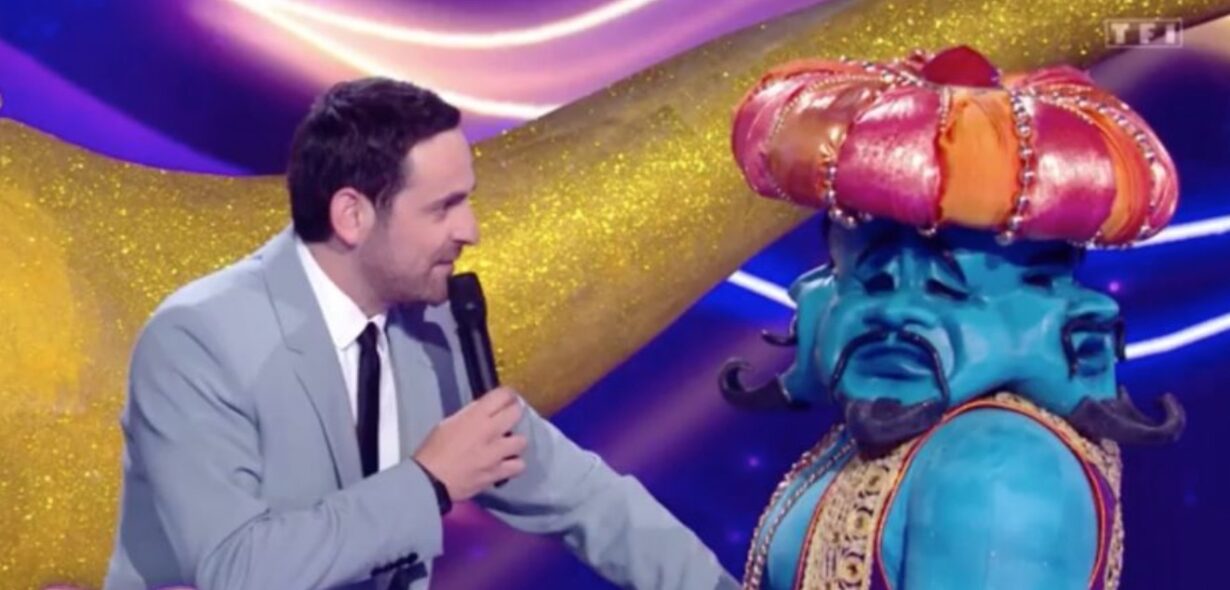 Mask Singer 2025 Chantal Ladesou A T Elle Devoile L Autruche Nos Predictions
May 11, 2025
Mask Singer 2025 Chantal Ladesou A T Elle Devoile L Autruche Nos Predictions
May 11, 2025 -
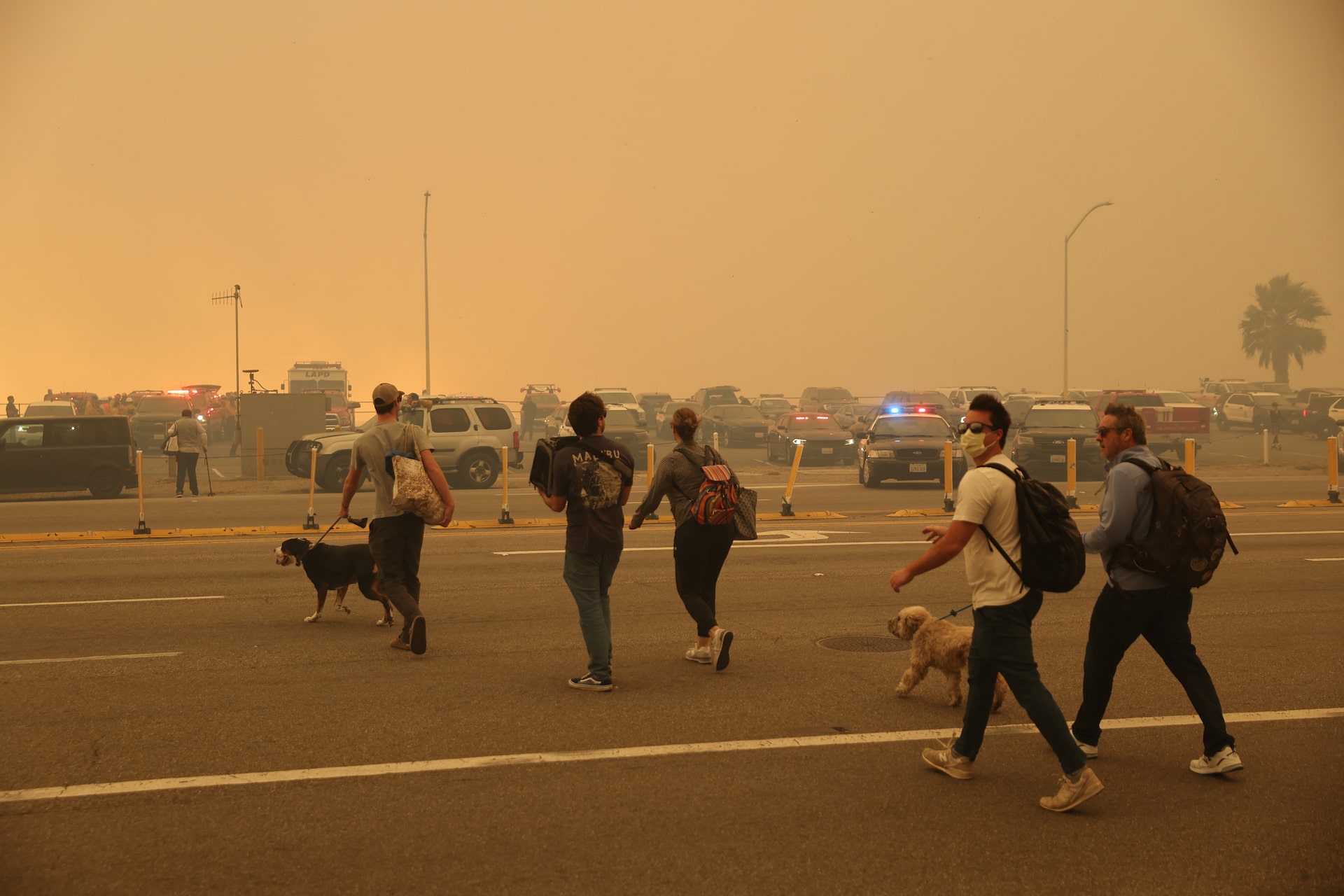 La Wildfires And The Growing Market For Disaster Related Gambling
May 11, 2025
La Wildfires And The Growing Market For Disaster Related Gambling
May 11, 2025 -
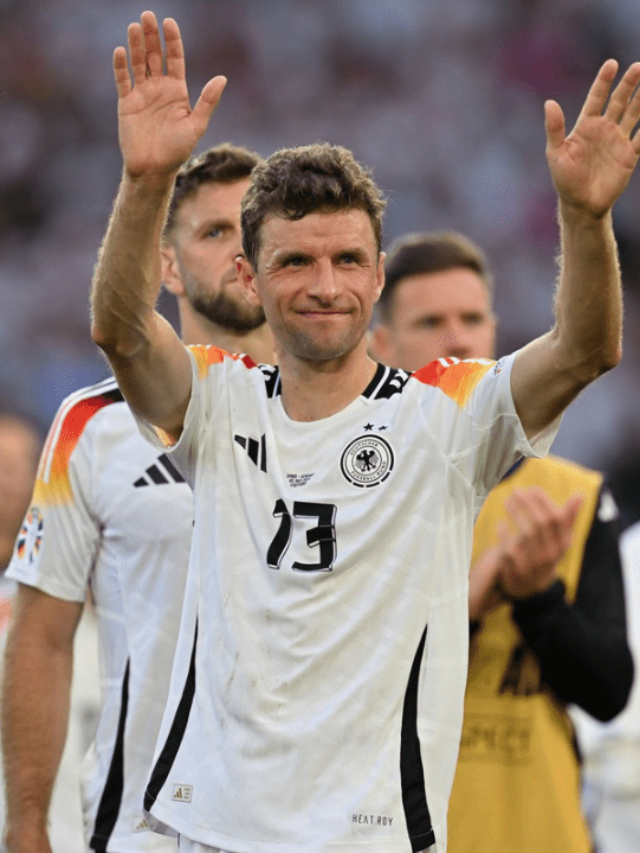 Emotional Farewell Thomas Muellers Last Dance At The Allianz Arena After 25 Years
May 11, 2025
Emotional Farewell Thomas Muellers Last Dance At The Allianz Arena After 25 Years
May 11, 2025 -
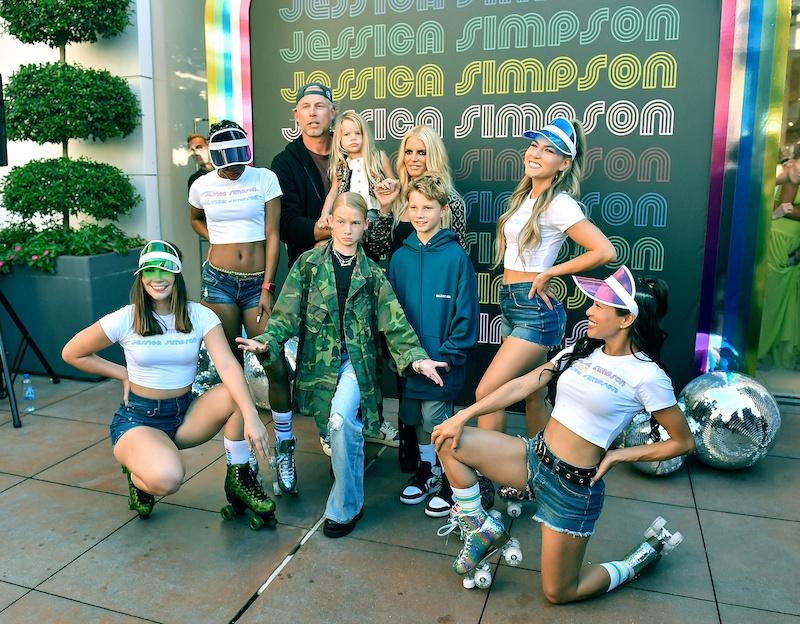 Jessica Simpson Delights Fans With Performance After 15 Year Hiatus
May 11, 2025
Jessica Simpson Delights Fans With Performance After 15 Year Hiatus
May 11, 2025 -
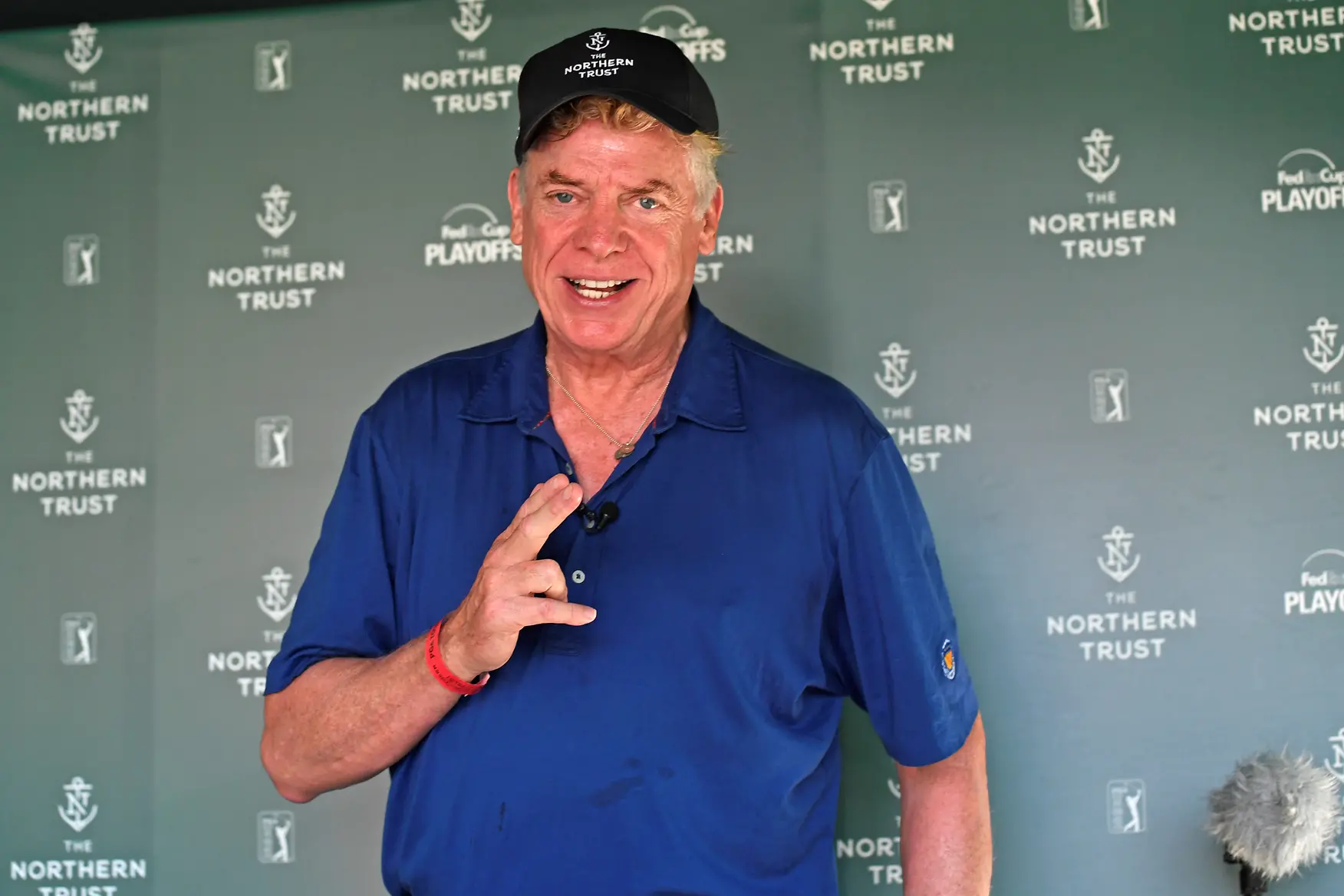 Happy Gilmore 2 Expectations And Potential For Sandlers Comedy
May 11, 2025
Happy Gilmore 2 Expectations And Potential For Sandlers Comedy
May 11, 2025
